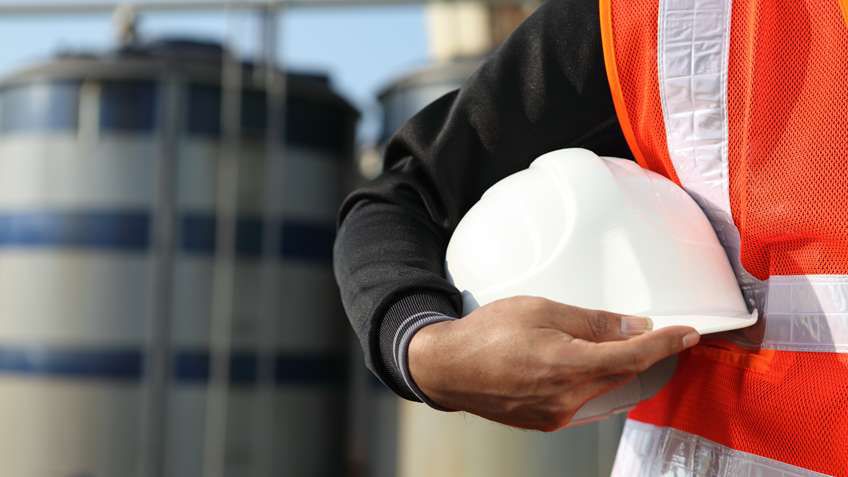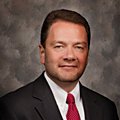Recommended For You
Becoming a TÜV Rheinland machinery functional safety expert is considered one of the most significant safety achievements in the industrial world.
The extensive certification process includes first becoming a functional safety engineer, which requires multiple training courses, extensive study of safety standards and passing an arduous exam.
Applicants are required to have 10 years of documented business experience in functional safety, two documented case studies from previous projects, involvement in industry safety-standard committees, as well as professional reference letters and a detailed resume of relevant safety activities.
There are currently only 28 TÜV Rheinland machinery functional safety experts worldwide. We are fortunate to employ 13 of them, including three of the newest additions: Dan Dinunzio, commercial engineering lead for Canada; Eddie Crawford, technical consultant for integrated architecture and safety; and Jesus Leonardo Sanchez Alba, senior machine safety consultant.
We asked these newly minted TÜV-certified safety professionals: What should safety and all industrial professionals know about functional safety? Their responses reinforced the notion that industrial safety is not only about reducing risks to people, but also increasing employee morale, maximizing productivity, and supporting operational excellence.
Follow the Lifecycle
First and foremost, our TÜV-certified safety professionals stress the importance of following the functional safety lifecycle. It’s a structured process for designing, implementing and maintaining safety solutions.
This process drives consistency in documenting and implementing all aspects of the project and a result, helps simplify development, improves compliance, and reduces design time and costs.
For example, the case study developed by one of our safety professionals focused on developing common safety circuit designs for use on new robotic welding cells in an automotive plant. One of the first steps in implementing the new system was to outline the safety lifecycle stages and who was responsible for each, including:
- Performing a risk assessment
- Determining the functional safety system requirements
- Designing and verifying the system
- Installing and validating the system
- Maintaining and improving the system
This was the organization’s first time following the safety lifecycle. It revealed deficiencies in how workers previously designed, implemented and maintained safety systems.
The More the Merrier
Gathering a multi-functional team to collaborate on safety projects can help make sure that each department’s voice is heard – and that goals of safety and productivity are shared instead of competing.
This collaboration is particularly important during the risk assessment stage, where teams should identify every mode of operation, and the tasks and hazards for each person who interacts with the machine. Involving the plant floor personnel in this process can also help build a sense of ownership in the solution.
One case study involved getting cross-functional participation when developing a safety system for a CPG company across four manufacturing lines.
Operators, setup technicians, maintenance technicians, lubrication technicians, scrap handlers, material handlers, quality technicians and engineers all participated and provided input in the system’s development. In the end, this collaboration helped maximize safety and productivity on the system for each mode of operation.
Resources for Customers
TÜV Rheinland is considered among the most prestigious and demanding organizations in the world. Its Functional Safety Training Program works with third parties to recognize safety knowledge and competencies among individuals.
Having TÜV Rheinland-certified machinery functional safety experts within Rockwell Automation gives our customers access to best practices, tips and know-how from some of the industry’s best.
These professionals have in-depth and current safety standards expertise, a proven track record in building safety systems, and knowledge of contemporary machine safety that helps make us a leader in industrial safety technologies.
Published June 6, 2018

